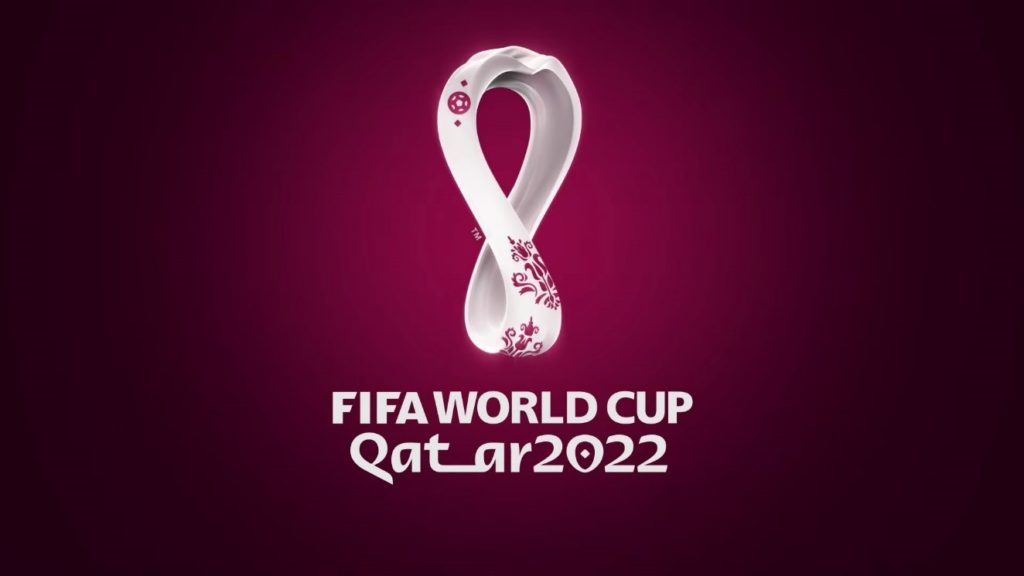Highlight 49/2022 – The World Cup 2022 in Qatar: The Need for Human Rights Protections in International Sports
Sujan Bidari, 24 November 2022

The FIFA World Cup began on November 20, 2022 in Qatar, and the ability of the country to host an unprecedented 1.2 million visitors depends on the contributions of millions of migrant workers. In 2010, Fédération International de Football Association (FIFA) awarded Qatar the 2022 World Cup. Since Qatar was selected as World Cup host, many migrant workers have faced serious abuses including illegal recruitment fees, wage theft, injuries and unexplained deaths.
After a 2014 complaint about forced labour by the International Labour Organisation (ILO), the Qatari government agreed in 2017 to implement changes to its labour law so that migrant workers would not be entirely dependent on their employers. Qatari authorities, including the Supreme Committee for Delivery and Legacy, the body responsible for planning and delivering World Cup infrastructure, have introduced several initiatives, including the Labour Ministry’s Wage Protection System (WPS), Labour Dispute Resolution Committees and Workers’ Support and Insurance Fund, and the Supreme Committee’s Universal Reimbursement Scheme.
Yet significant gaps remain. These programs’ benefits have been limited due to their late introduction, narrow scope, or faulty implementation. Despite several promising labour reform initiatives, Human Rights Watch has documented that widespread wage abuses have persisted, even in 2022, the year of the tournament. Qatari authorities have also failed to investigate the causes of deaths of thousands of migrant workers, a large number of which are attributed to “natural causes.”
A 2021 report by Human Rights Watch also revealed that foreign workers were suffering from “punitive and illegal wage deductions” and faced “months of unpaid wages for long hours of gruelling work”. The Guardian reported in February 2021 that 6,500 migrant workers from India, Pakistan, Nepal, Bangladesh and Sri Lanka had died in Qatar since it won its World Cup bid. The Qatari government said its accident records showed that between 2014 and 2020, there were 37 deaths among labourers at World Cup stadium construction sites, only three of which were “work-related”. However, the International Labour Organisation (ILO) says this is misleading, as Qatar does not count deaths from heart attacks and respiratory failure as work-related – even though these are common symptoms of heatstroke, brought on from doing heavy labour in very high temperatures.
Human rights groups say the unexplained deaths of thousands of migrant workers during Qatar’s nearly 12 years of preparations for the World Cup have tarnished the tournament, exposing lax oversight by soccer’s international governing body, FIFA, and abusive labour conditions in the host country. Additionally, Qatar’s laws and views on LGBTQ rights and issues have also drawn criticism.
In this regard, FIFA has the responsibility to identify and remedy these abuses in accordance with the United Nations Guiding Principles on Business and Human Rights, which FIFA adopted into its Statutes in 2016 and its Human Rights Policy, adopted in 2017. However, to date, neither FIFA nor Qatar have fulfilled their respective responsibilities and obligations.
FIFA and Qatar should, therefore, work together with trade unions, the ILO and civil society to put in place a comprehensive and participatory programme to remedy these historic abuses, including by providing financial compensation to victims who made the tournament possible. Moving forward, FIFA must enhance and strictly implement its human rights criteria for future events and strengthen its human rights due diligence processes.
Sujan Bidari, Highlight 49/2022 – The World Cup 2022 in Qatar: The Need for Human Rights Protections in International Sports, 24 November 2022, available at www.meig.ch
The views expressed in the MEIG Highlights are personal to the author and neither reflect the positions of the MEIG Programme nor those of the University of Geneva.
